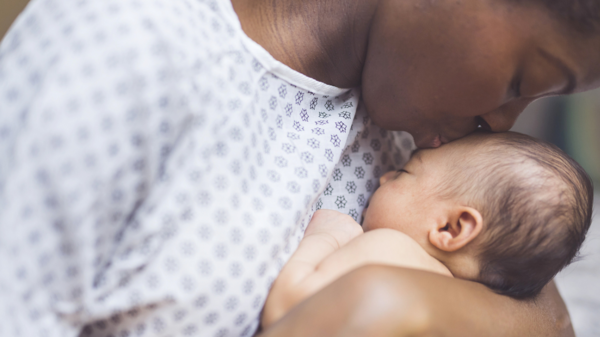By Onz Chery
The United States has donated 108,000 doses of the Johnson & Johnson vaccine to Haiti via COVAX, the U.S. Embassy in Haiti announced Sunday, three days after U.S. public health experts recommended that people take other COVID-19 vaccines when possible.
It is unclear whether the J&J vaccine was already on its way to Haiti before a panel of experts at the U.S. Centers for Disease Control and Prevention said mRNA vaccines, like the Pfizer-BioNTech and Moderna, are preferred. The CDC recommendation also emphasizes the J&J vaccine is effective, with more benefits than risks, it usually takes weeks for such vaccine donations to be arranged.
However, scores of Haitians swiftly reacted to the U.S. Embassy announcement, taking to social media to condemn the move.
“It’s not recommended for Americans but you give it to Haitians as a gift,” Joulovenson Charlot tweeted. “Thanks for your love, it’s better for us to suffer the side effects.”
Fifty-four people known to have taken the one-dose J&J vaccine later developed blood clots and nine of them died, CDC official Dr. Isaac See told Fox Business.
Women are more at risk of developing the rare, but serious clotting condition. Roughly one woman per 100,000 between the ages of 30 and 49 experienced blood clots after taking the J&J vaccine, according to the U.S. Food and Drug Administration. Researchers are also finding that men and people of all ages are experiencing the condition, though not at the same volume.
In Haiti, reported COVID-19 cases stand at about 25, 917 and 765 deaths since the start of the pandemic, according to Haiti’s Ministry of Public Health and Population.
In its previous donations to Haiti, the U.S. sent the Moderna vaccine, shipping 500,000 doses in July and more than 100,000 doses Nov. 4.
Prior to those donations, the World Health Organization, through its COVAX program, had offered Haiti another one-dose vaccine by AstraZeneca as global health officials sought to increase immunization worldwide. Haitian officials rejected the one-dose shot in June, saying that it had side effects and the residents were afraid to take it.
Many Haitians said they won’t take the J&J vaccine either and don’t think the U.S. friendship with Haiti is genuine because of the donation.
“Haitian people, open your eyes,” Dimitri Alcin, of Santiago, Chile, tweeted. “Those people don’t like us and they never will, we’re not getting vaccinated.”

You must be logged in to post a comment Login